Conversations With New Zealand Māori on How They’re Protecting Their Environment
February 25, 2021This project is part of the VICE Creators Summit: Climate Uprise, a content grant and mentorship program for young activists and creatives, funded by VICE Media Group and the International Committee of the Red Cross.
New Zealand is often considered an international leader in progressive policies, but the country has its share of problems. Like most former European colonies, New Zealand's traditional owners, the Māori, are still vastly over-represented in prison populations, more likely to live with mental illness, and own only about five percent of the total land area.
Yet this is the group that also cared for New Zealand’s two islands for hundreds of years before invasion. And as New Zealand’s federal government pledges its commitment to curb climate change, it only makes sense that indigenous communities continue to lead the charge for environmental conservation.
To understand how the country’s custodians are caring for their traditional lands, we spoke to five people from the Te Arawa iwi (tribe) to hear about their passion for te taiao (the environment).
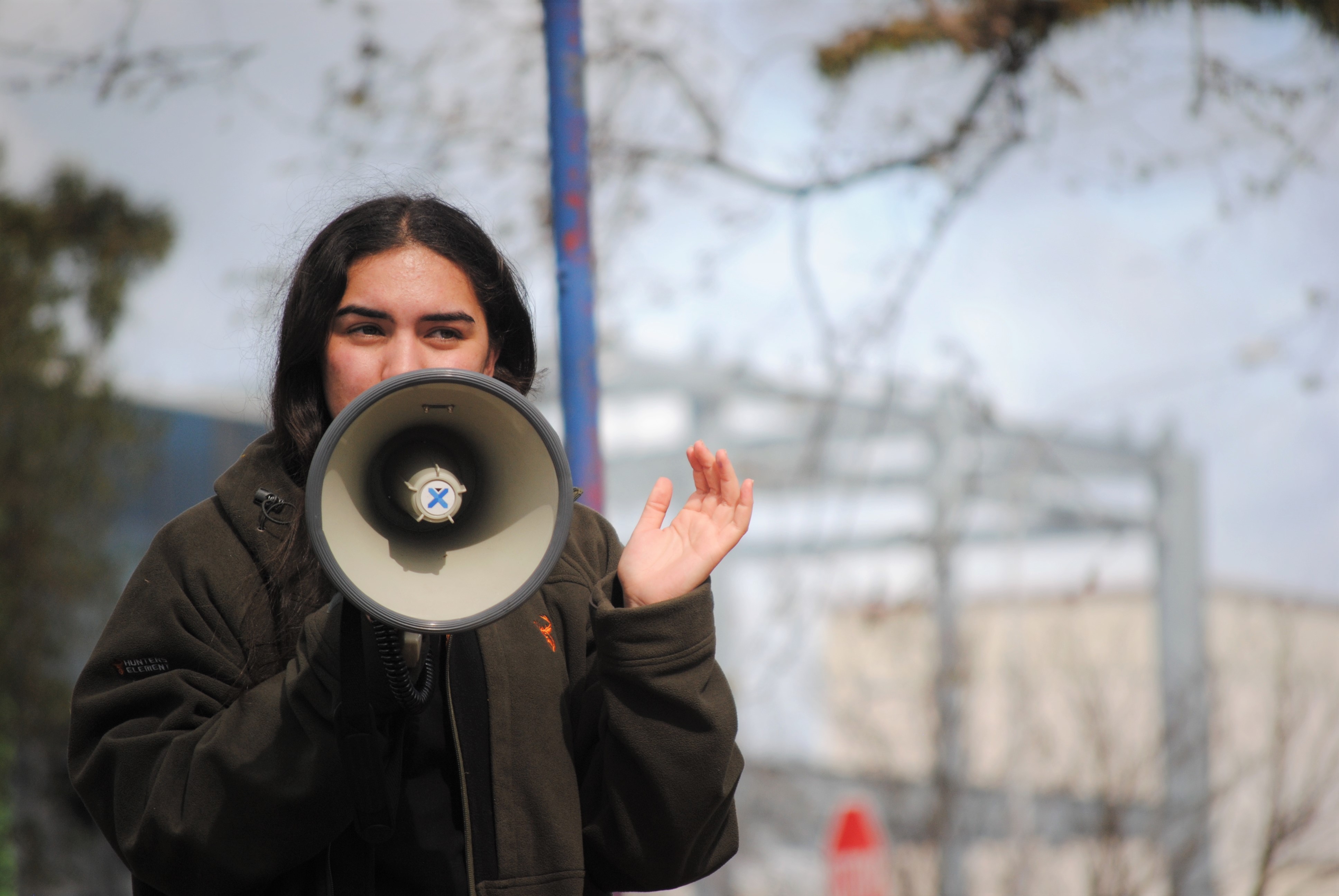
Areta is a communications student who headlined SS4C action in Rotorua before taking her cause into tertiary institutions.
“Paddling waka ama, we saw so many awa (rivers), roto (lakes), and moana (oceans) completely rotted from the inside out.”
I grew up with more of a sense to fix the climate. They [the generations before me] didn’t have the media sources to tell them this is what is happening at a constant and consistent rate. The media is definitely a catalyst for climate anxiety; it pressures us. And that’s the perspective of being a young person. But being Māori, it’s even deeper than that. The Earth is whānau (family). It’s spiritual, because that’s just how our people work.
From a First Nations perspective, we all have a special relationship with the land and it’s how everyone in the world should be living. But let’s be real: it takes years to implement any type of law that relates to Māori or any indigenous people. I don’t want to be pessimistic, I do think we’re going to be hit by a realisation and governments will have to rush to ‘fix’ things. But in our [Gen Z’s] hands, there’ll be an entirely different way we go about it: we’ve already thought about it, and we think differently; we have to. I’ve always thought to myself: you have to take out the system from within. You have to go through traditional ways, but with the aim of not doing traditional things.
You can never try to fix something without being optimistic about it. If you’re going to try and fix something and be pessimistic, not believe in what you’re fixing, why are you doing it?
You have to have belief in a positive outcome—without that you’re not going to get anywhere.
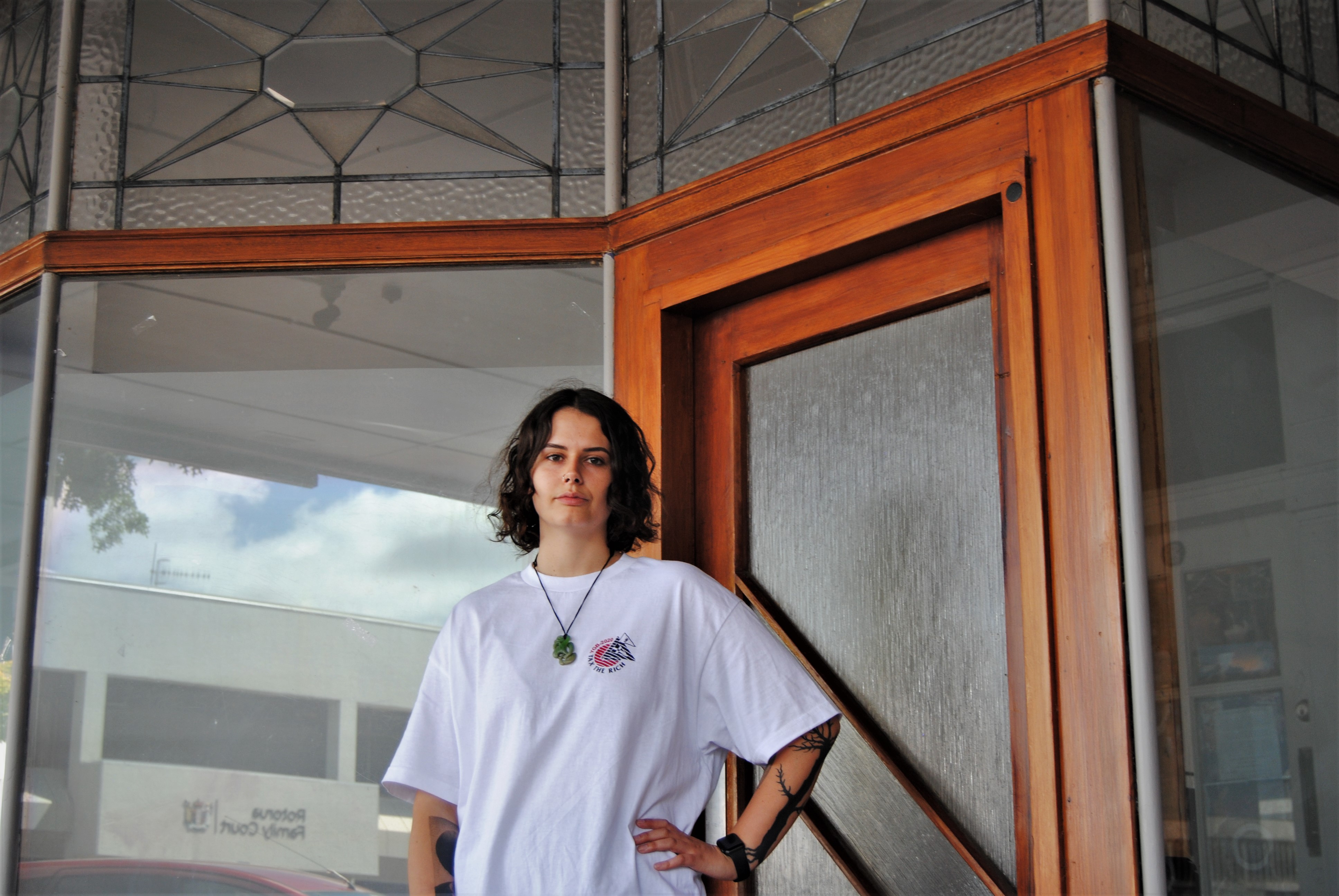
Kaya is an upcoming political voice for the NZ Green Party, and an independent business owner who focuses on making environmentalism accessible to all.
“Next election, someone else might say ‘actually I can do that because I saw that girl who looked and sounded like me in that space.’”
I grew up with a solo mum, and we were, to put it frankly, quite poor. She was on the DPB (Domestic Purposes Benefit) so we were always just getting by. That lived experience gave me an awareness of how important those issues are. People won’t stand up and get involved in a movement if they can’t pay their rent. To get the change needed to save Papatūānuku (Earth Mother), we need a social movement. You can’t have climate justice without social justice.
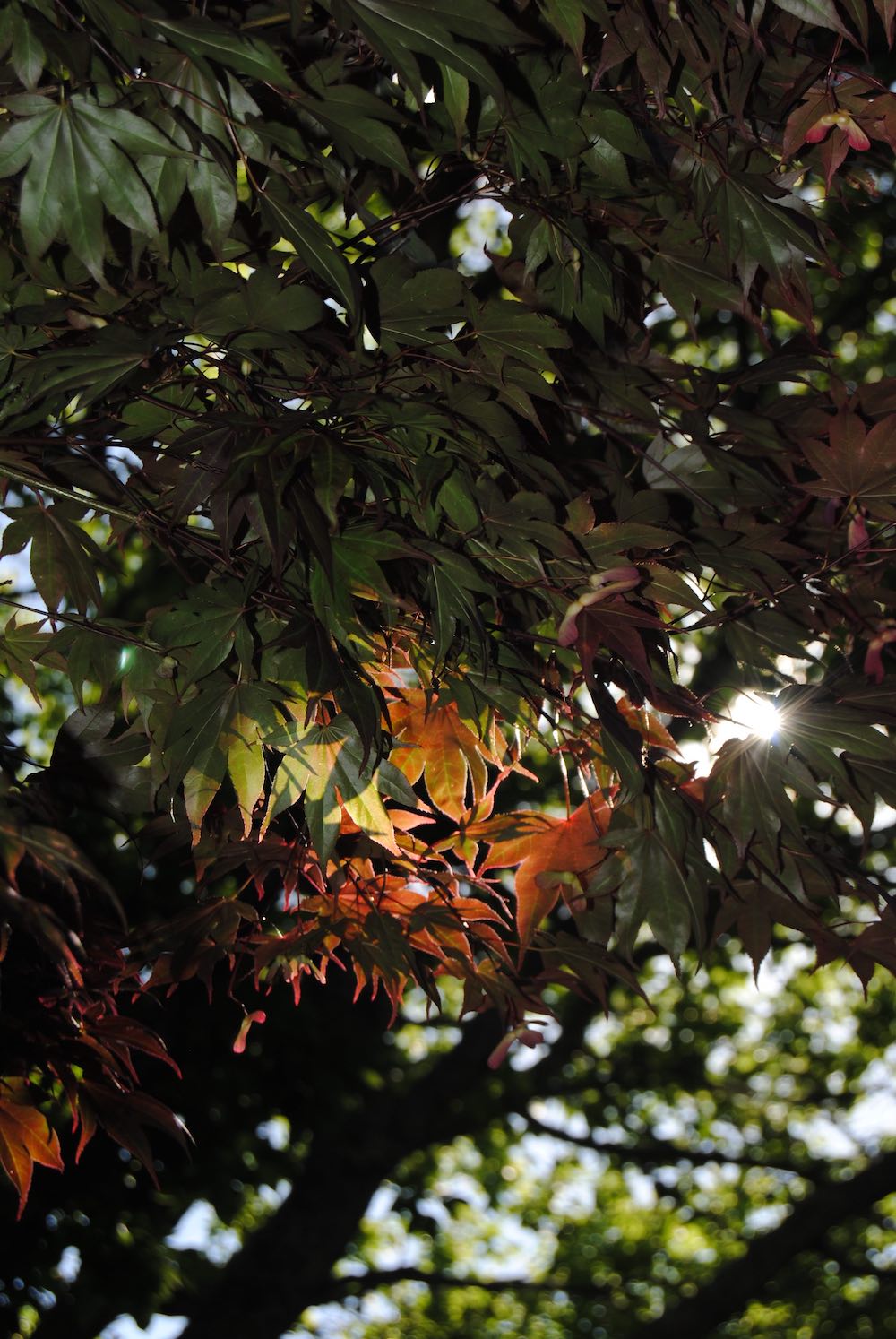
I’m definitely not under the impression that individualised consumerism is the way to fix things. What I see is that making those individual choices keeps me accountable. I want everyone to do their best, but we shouldn’t put pressure on people who don’t have the privilege to do that. Our disabled whānau or people who don’t have the money often can’t, so if you have the ability, do it—but the more important thing is that the government uses the power it has to make those changes. They can make the changes; they’re choosing not to.
People say I’m an optimist—I think I’m a realist. I see people like Lourdes Vano standing up and being authentically themselves, demanding change and making moves. It can be easy to get dejected when we don’t see the policy we want, but there’s a lot of people like Lourdes who are going to seriously impact our future.
People consider me youth, but I’m 24 man; I’m old. When I see the younger generations being engaged and asking questions I think: they’re gonna fuck shit up.
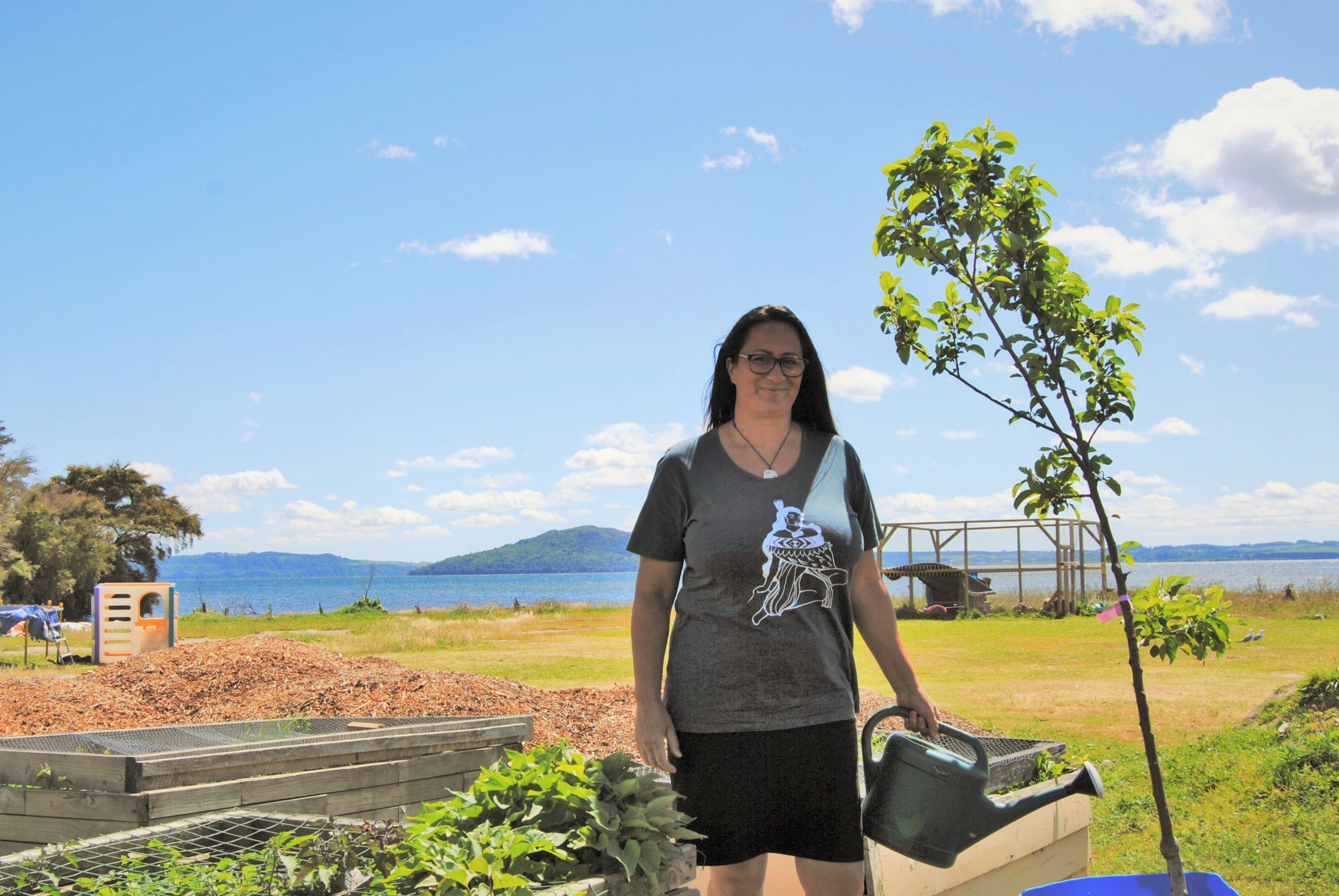
Lani is a community researcher who contracts to different organisations in order to preserve te taiao for future generations, and impact local attitudes.
“By the time my children came along, the sedimentation from erosion has meant that our water boundary is smothered and dead. There is no life at all.”
I’m trying to protect our lifestyle and what I grew up with for my children. When I was a kid the lake was already polluted but our river was still in a relatively clean condition. Now we can’t allow our kids to swim in the river. I’m a very shy person—I have no interest in being outspoken and would prefer to live quietly here with my whānau. But I don’t hear anybody else speaking up, and so while I’m uncomfortable, for the sake of our future I don’t feel like I’ve got any choice.
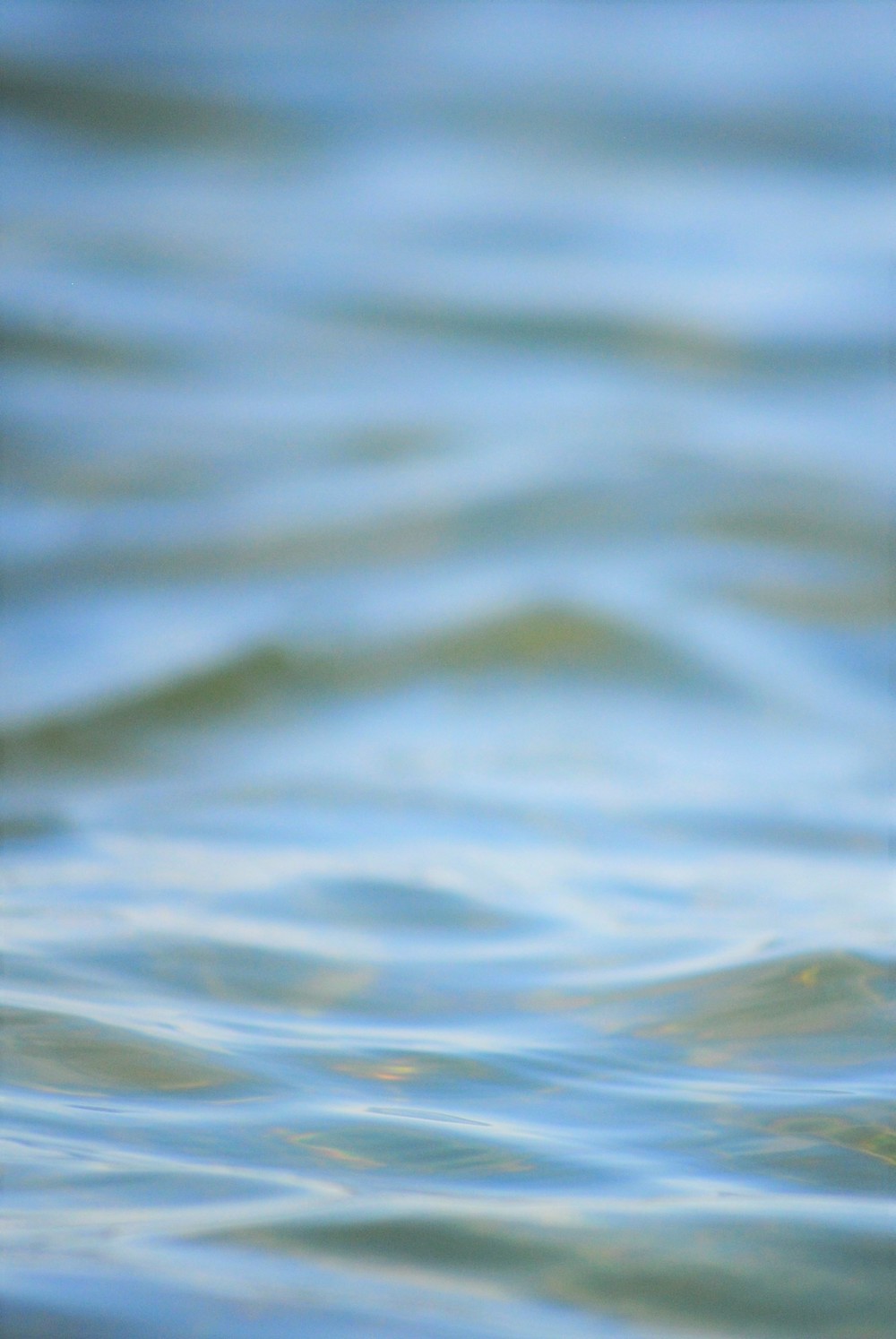
Everything always goes back to power sharing, and the Treaty. Iwi (tribes) have to be at the decision-making table, not where councils just say ‘give us your mātauranga and we’ll choose’. Honour the Treaty; let iwi make decisions in at least an equal capacity.
I think that change is only going to happen when people are forced to change. It looks like that’s the push that’s needed: when people are in a position where they can’t import food, we have climate refugees, and the oceans are acidified to a point we can’t use them anymore. These things are happening around the world, and we’re doing the bare minimum in New Zealand.
What I do say to Māori is go home. Go home to your turangawaewae and build circular economies around your marae. We know how to look after ourselves. We can survive anything, but our ways aren't valued. When it comes to times of crisis we’re appreciated, but when it gets back to normal we’re dismissed. The mātauranga of survival is there, but we no longer have the resources.
We’re tangata whenua—we shouldn’t be making decisions based on government policy. We need to be leading the way.
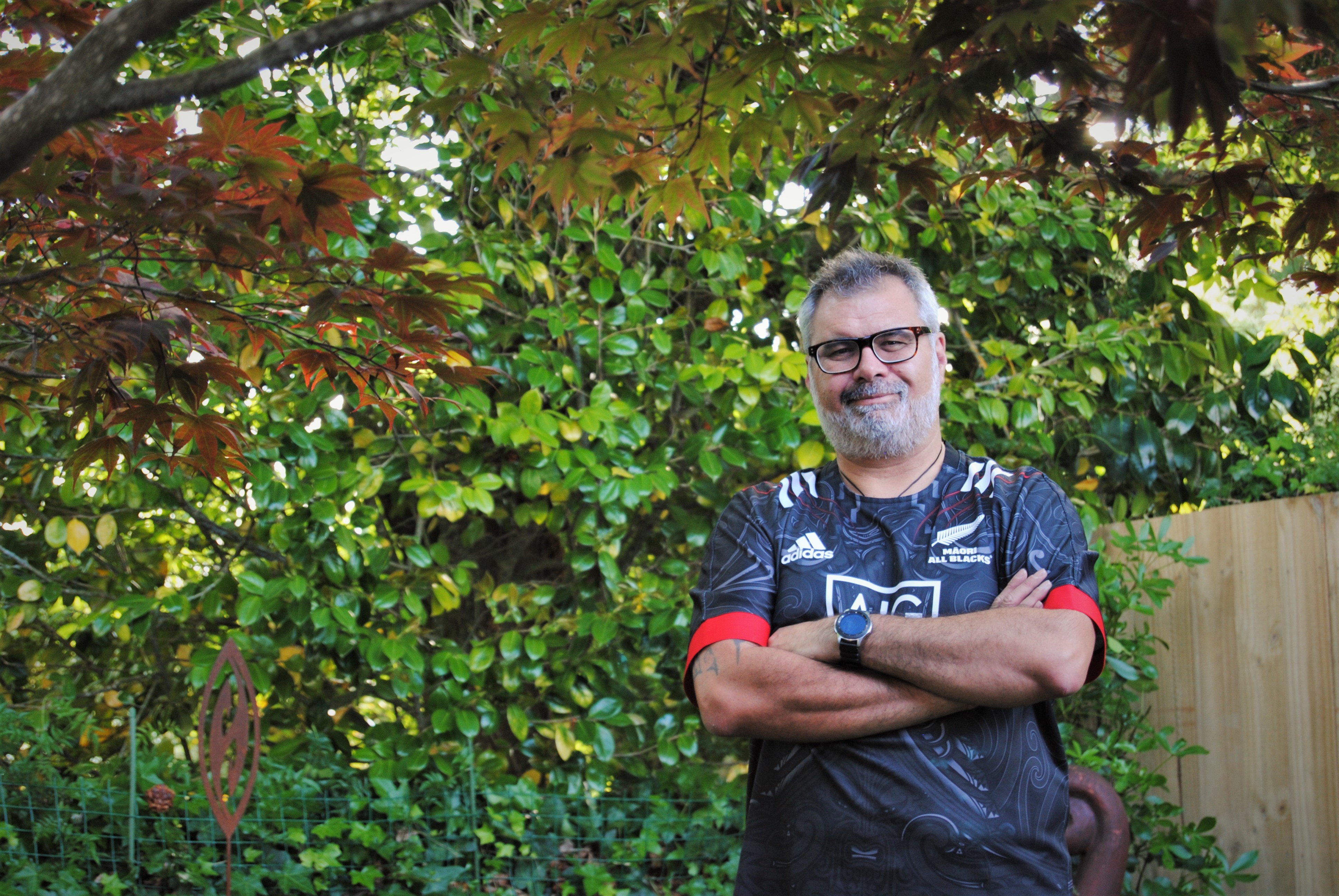
Eugene is a CEO/board member for multiple Te Arawa climate initiatives combating environmental changes—starting in the boardroom.
“Our whānau were always very active in terms of being in the environment, and from that I learnt the reciprocal nature of te taiao.”
I grew up in nature. My father and uncles were divers, hunters, fishermen, and my koroua (grandfather) and kuia (grandmother) were prolific gardeners, so we spent a lot of time in the environment gathering kai. From that I learned you only take what you need and ensure enough is left for a sustainable harvest. I do remember swimming in the Utuhina stream and playing with blockages from industrial waste, old polystyrene and cans. I thought “this is probably not good”.
I believe that [fixing] the environment is multifactorial and everyone has a role to play. I don’t subscribe to the point of view that my actions as an individual are so small that they won’t make a difference. At the very least you can be contributing towards a collective change, a collective mindset. It’s the reverse of the adage “death by a thousand cuts”. Saving 200 litres of water a day through capturing rainwater may not radically impact the town water supply, but if 5,000 people do that it will.
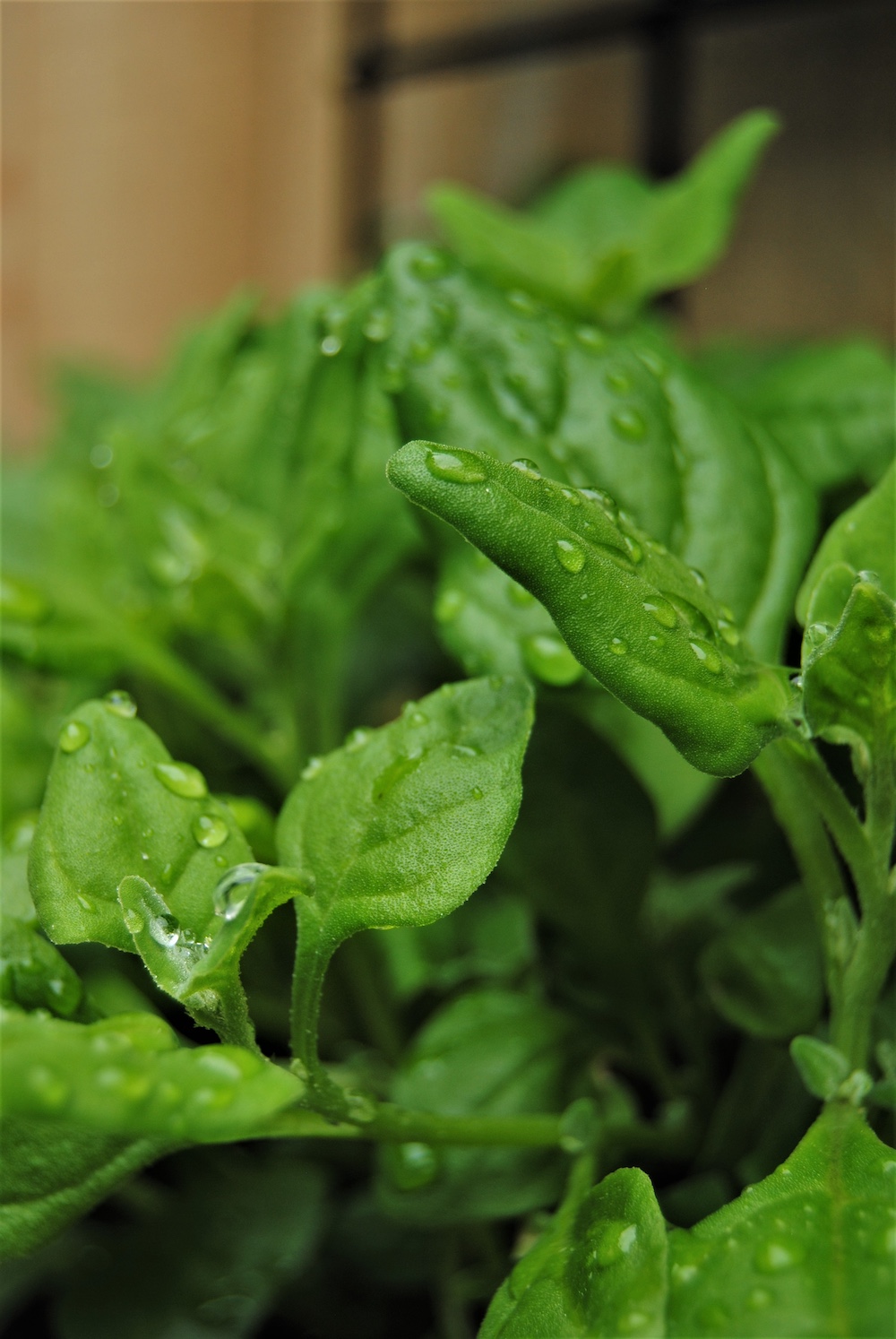
I’m disappointed that people have become so disconnected from the environment. There might be desire but unless we alter our consumption patterns we won’t be able to help. I feel like a hongatiaki, a person who takes care of something. Kaitiaki are spiritual beings, and that’s a position reserved for them. I think there are kaitiaki, but it's more correct for us to be hongotiaki.
I’m a person that can do my part to look after things.
In terms of the health of te taiao, we’re in a position where things aren’t terminal: it’s not an absolute endpoint but unless we change the way we live and act it will be soon.
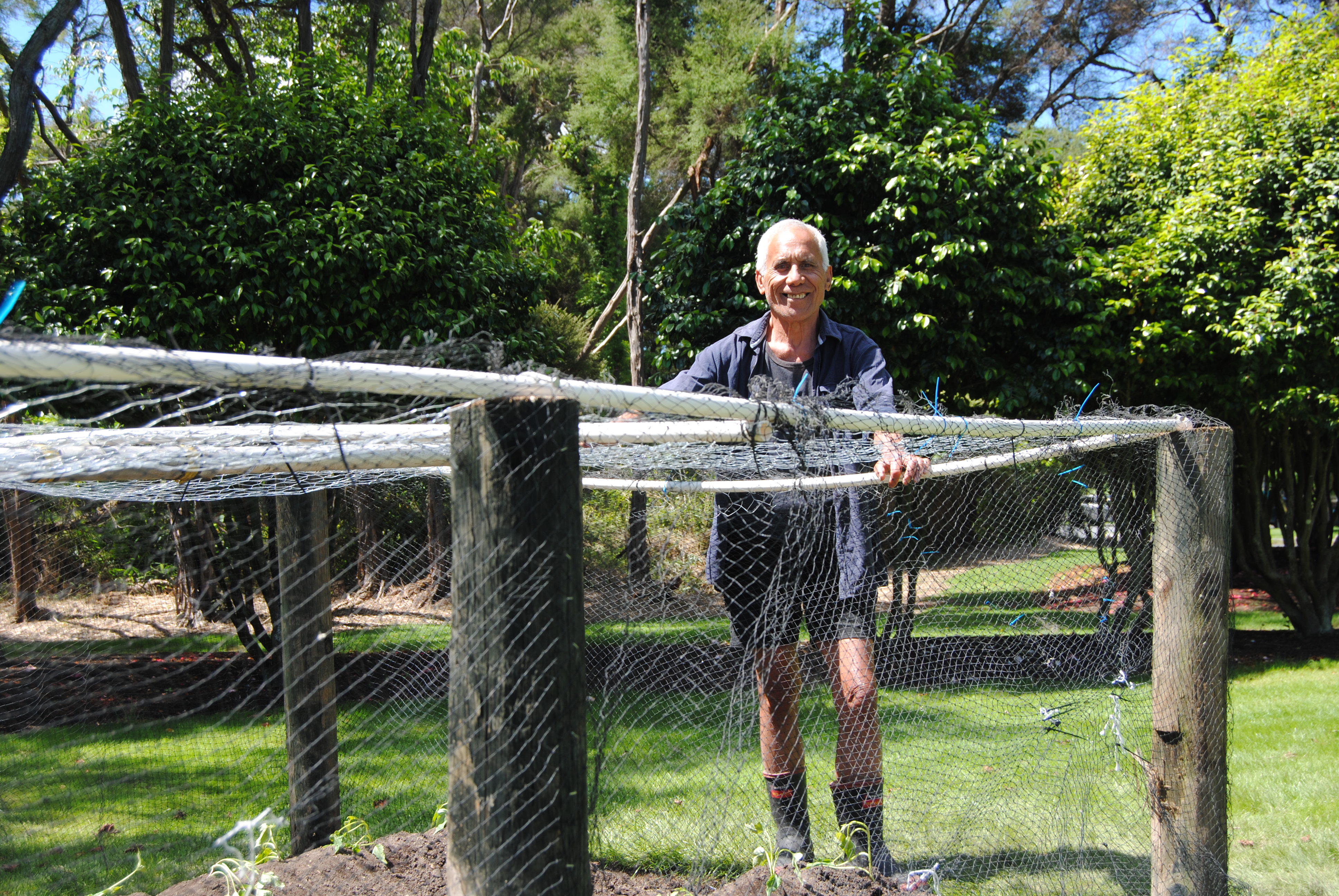
Te Rangikaheke is the Projects Lead of Kai Rotorua, an initiative that reconnects Māori to te taiao through marakai (traditional gardening).
“I had always said that I would never grow another kūmara, not realising that these things come back to revisit you. It’s a passion that gets me out of bed.”
My dad is the starting point of this kōrero (discussion), because he was born on Mokoia Island, and that's where everything begins. The island was safe. It faced east, was a fantastic wind shelter, had volcanic soil and the water was pristine. That was paradise, a garden of Eden. This big field we used to have [in Rotokawa] was covered in fruit trees, and we used to sit at the window and just pluck apples right from the branch.
Colonisation had arrived by the time my dad was born, and in many ways brought a number of benefits but also a number of downsides. We know what those downsides are; we experienced that and we still experience it today. In terms of marakai, it was the technology that came and we latched onto that and it advanced us to the next step. I think Māori, generally speaking, have had challenge after challenge laid down before us and some we’ve handled well. Others not so much.
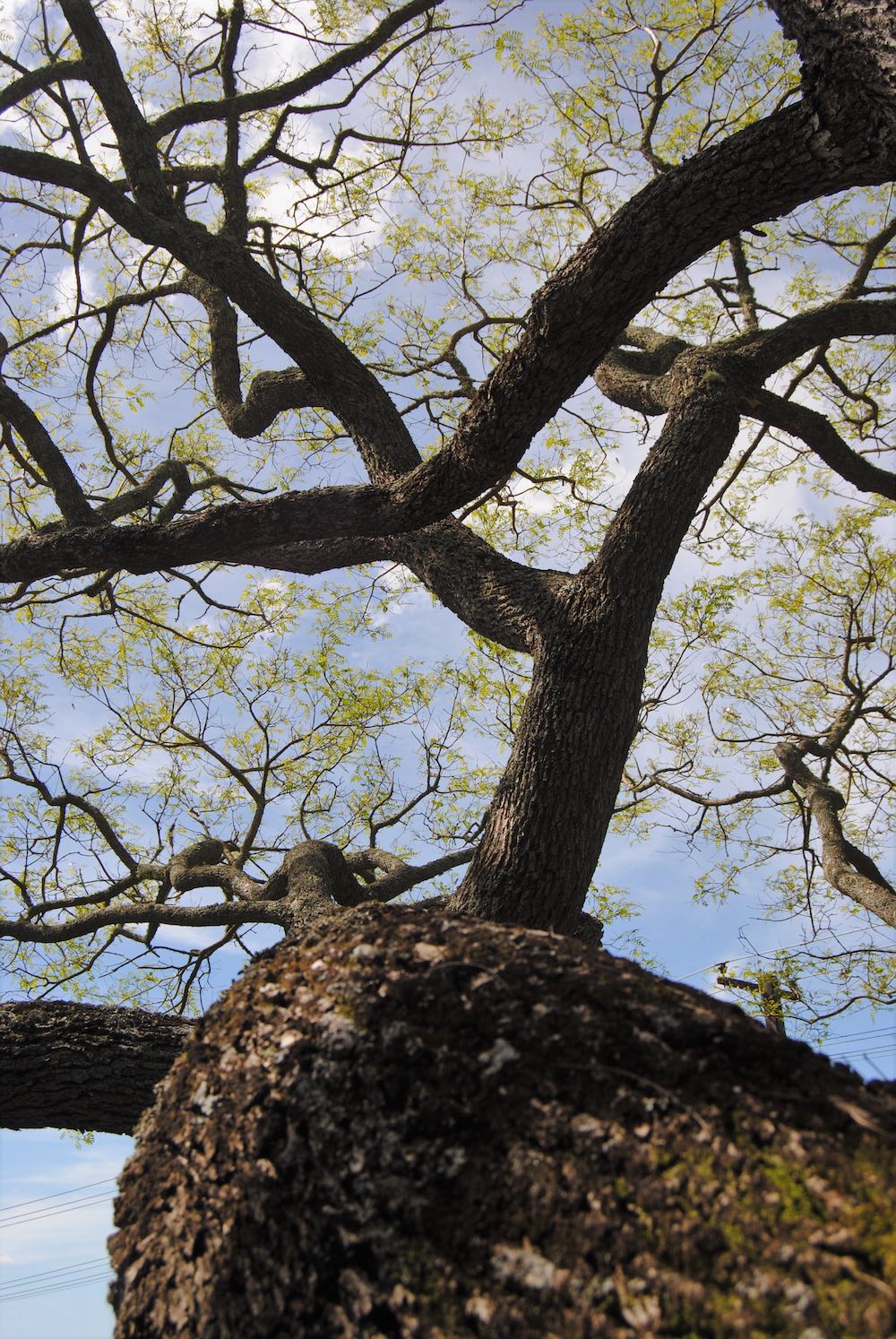
We’ve become reliant on a system that we never created; it’s a square and Māori have operated in circles. Disconnect comes from a historical basis, and it’s shifted us away from our relationship to te taiao. Underneath all of the weeds there’s something special, and as time went on I realised Papatūānuku is the lifegiver. Your environment will produce for you what you need, but it can also do horrible things.
I’m an optimistic person by nature, and I see that in our rangatahi. We had a plantup of kūmara a few weeks ago, and the kura were all with us, and you can tell by the look on the faces of the rangatahi that they’re engaged and have a common interest. I think we’ll be well set if we continue to act.
Once you make a connection to Papatūānuku, she reaches out and takes you into her embrace. And that’s what happened to me. As stubborn as I was, she reached out and took me.
Words have been edited for length and clarity.
